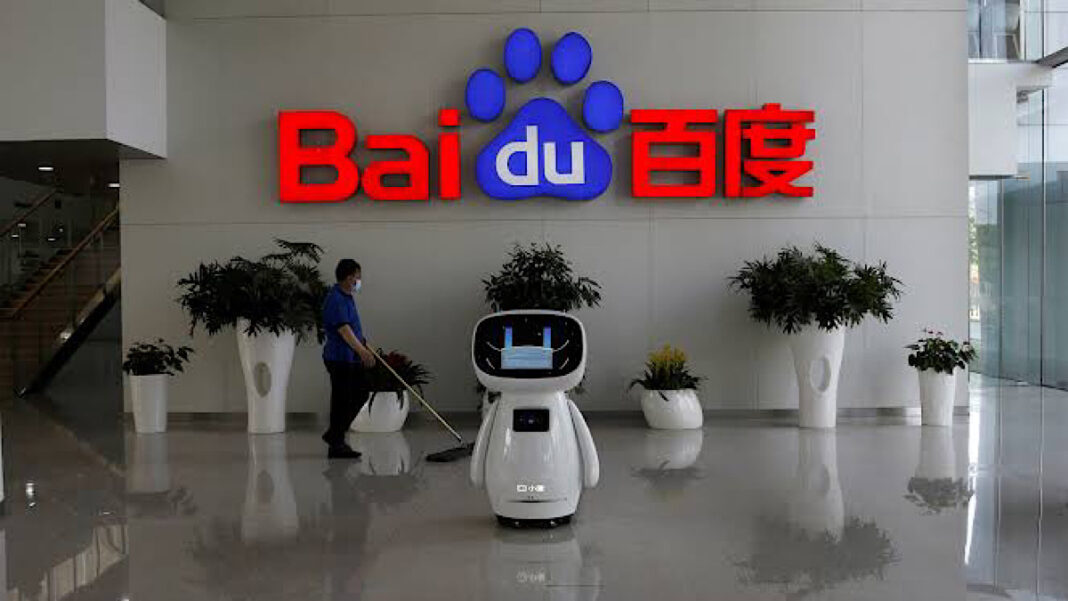It was revealed on Thursday that Baidu’s smart driving division, Apollo, would be collaborating with the Chinese car rental firm Car Inc to introduce what had been described as a pioneering autonomous driving rental service. The announcement had been made following the signing of a formal agreement between the two companies during a ceremony held in Beijing, where the partnership had been presented as a significant step forward in the integration of autonomous technology into everyday urban mobility services.
According to a statement released by Apollo, the initiative had been designed to actively support the application and gradual normalization of self-driving technology in Chinese cities. The service, it was explained, would allow users to rent and operate autonomous vehicles through Car Inc’s existing rental infrastructure, using advanced self-driving technology developed by Baidu’s Apollo unit. This collaboration had been framed as the first of its kind in China, aiming to create a more accessible experience for users who were eager to explore or rely on driverless transportation for short-term or occasional use.
It had been emphasized by representatives from both companies that the project would not only facilitate broader exposure to autonomous driving among the general public but also serve as a practical testing environment in which vehicle performance, safety metrics, and customer feedback could be continuously monitored and analyzed. With this data, it was suggested that future refinements in autonomous vehicle performance and user experience would be made possible.
As part of the agreement, a fleet of autonomous vehicles powered by Apollo’s proprietary self-driving systems was expected to be gradually deployed through Car Inc’s platform, which already services a significant portion of urban Chinese consumers. The joint operation was anticipated to begin in key metropolitan areas, with potential for expansion to other cities based on operational results and regulatory developments. Although specific cities were not named during the announcement, it was widely speculated that locations with existing smart infrastructure and favorable pilot regulations would be prioritized.
It was indicated that both companies viewed the partnership as a natural alignment of strengths: Apollo had been regarded as a technological leader in autonomous driving research and deployment in China, while Car Inc had been acknowledged for its wide network, strong logistics capabilities, and customer-facing mobility services. Through the integration of these competencies, the new initiative was intended to overcome adoption barriers, such as limited user exposure to self-driving technology and concerns about its safety or reliability.
The announcement had been seen by industry analysts as part of a broader trend in China’s tech and mobility sectors, where firms had increasingly been encouraged to form alliances that bridge innovation with commercial scalability. The move came at a time when autonomous driving had been positioned as a strategic industry by the Chinese government, which had issued national roadmaps supporting the deployment of autonomous vehicles and smart transportation networks.
Observers noted that Baidu had previously conducted multiple pilot programs for autonomous taxis through its Apollo Go service in various Chinese cities, including Beijing, Wuhan, and Chongqing. However, the partnership with Car Inc marked a shift toward combining autonomous technology with mainstream consumer services like car rental, a model that could potentially increase user trust and accelerate acceptance.
Baidu’s Apollo division had been investing heavily in the development of Level 4 autonomous driving systems—vehicles capable of full self-driving under specific conditions without human intervention. By placing such technology within the hands of consumers through Car Inc’s rental platform, Apollo was said to be attempting not only to showcase its technical achievements but also to gather crucial operational data that could inform further development.
Executives associated with the initiative were said to have acknowledged the importance of regulatory compliance, insurance models, and safety monitoring, all of which would be coordinated closely with local authorities during the rollout. It was further implied that dynamic pricing models and flexible user terms could be explored to attract a broader customer base during the pilot stages of the service.
While the timeline for full commercial deployment had not been specified, the strategic intent of the collaboration had been made clear: to position autonomous vehicle rentals as a viable and attractive alternative to traditional car use in urban China. The long-term goal, it was suggested, would involve expanding the service’s reach, refining its operational model, and contributing to the national vision of a smarter, safer, and more sustainable urban transportation ecosystem.
Through this agreement, Apollo and Car Inc were believed to be positioning themselves not only as market innovators but also as contributors to a future in which autonomous mobility could become a normalized aspect of daily life in Chinese cities.












